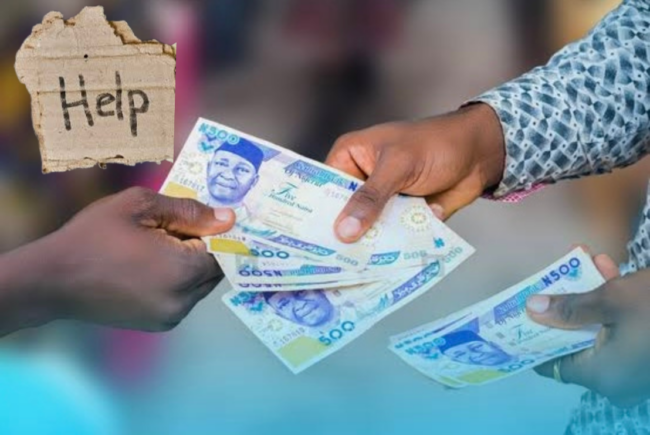The act of billing, often perceived as a financial transaction, holds a distinctive place in Nigerian colloquial language. When someone repeatedly asks for favors or makes demands, it’s common to hear phrases like “the billing too much,” capturing the essence of frequent requests.
For the payer, the persistent ‘billing’ requests can evoke a range of emotions, from mild annoyance to frustration, as it symbolizes an ongoing commitment to meet someone else’s needs.
On the flip side, the biller, tasked with making these requests, navigates the delicate balance of maintaining relationships while understanding the impact of their demands. Effective communication becomes even more crucial, as it can either strengthen the connection or strain it further.
Now, to what billing stands for, billing as described by Oxford language “the process of preparing or sending invoices”, but in the contemporary Nigerian context the only invoice sent by biller is an obligation to be meet by the payer.
The emotional impact is further intensified when the bill pertains to personal matters, such as seeking help or support.
A user sxdiqcarter_ on X (formerly known as Twitter) conveys his frustration about people exploiting a one-time favor by saying, “You turn up for some people once and they go wan open billing office for your head.
You turn up for some people once and they go wan open billing office for your head.
— sc . (@sxdiqcarter_) January 15, 2024
The term “billing office” here implies continuous and excessive requests after an initial act of kindness.
In a relationship context, phrases like “billing too much” or “billing dey kill person” in Pidgin, which translates to “billing kills,” highlight the potential strain caused by excessive demands, introducing a layer of emotional complexity.
Another user on X, Smallie tweeted, “Two constant things in life:
- Death
- Airport people billing you.”
Two constant things in life:
1. Death
2. Airport people billing you.— SMALLIE (@the_smallie) January 17, 2024
Smallie succinctly equates his version of two constants in life: death and the inevitable experience of incurring charges at the airport, expressing a shared experience of being billed by airport personnel.
Ever heard a song titled “Billing” by popular Nigerian artist, Spyro where he lyrically says,
“Nobody go dey (nobody go dey)
When money no dey (ehh ehh oh no)
Bowo ba tan (when money finish)
Eyan lo ma ku (Human remains)
Is a lie
Ma fi billing pa mi (Don’t kill me with billing)”.
The singer connects “billing” to frustration due to financial strain and expresses a reluctance to spend money, challenges and stress associated with financial demands, with the singer pleading, “Don’t kill me with billing.”
Beyond the financial implications, billing in Nigerian social dynamics weaves a complex web of human interactions, showcasing the need for empathy and understanding in a cultural context where interpersonal relationships play a significant role.
Exploring the psychological nuances involved in this localized form of billing sheds light on the human aspect of these interactions, emphasizing the importance of compassion in navigating the delicate balance between giving and receiving.
